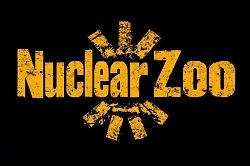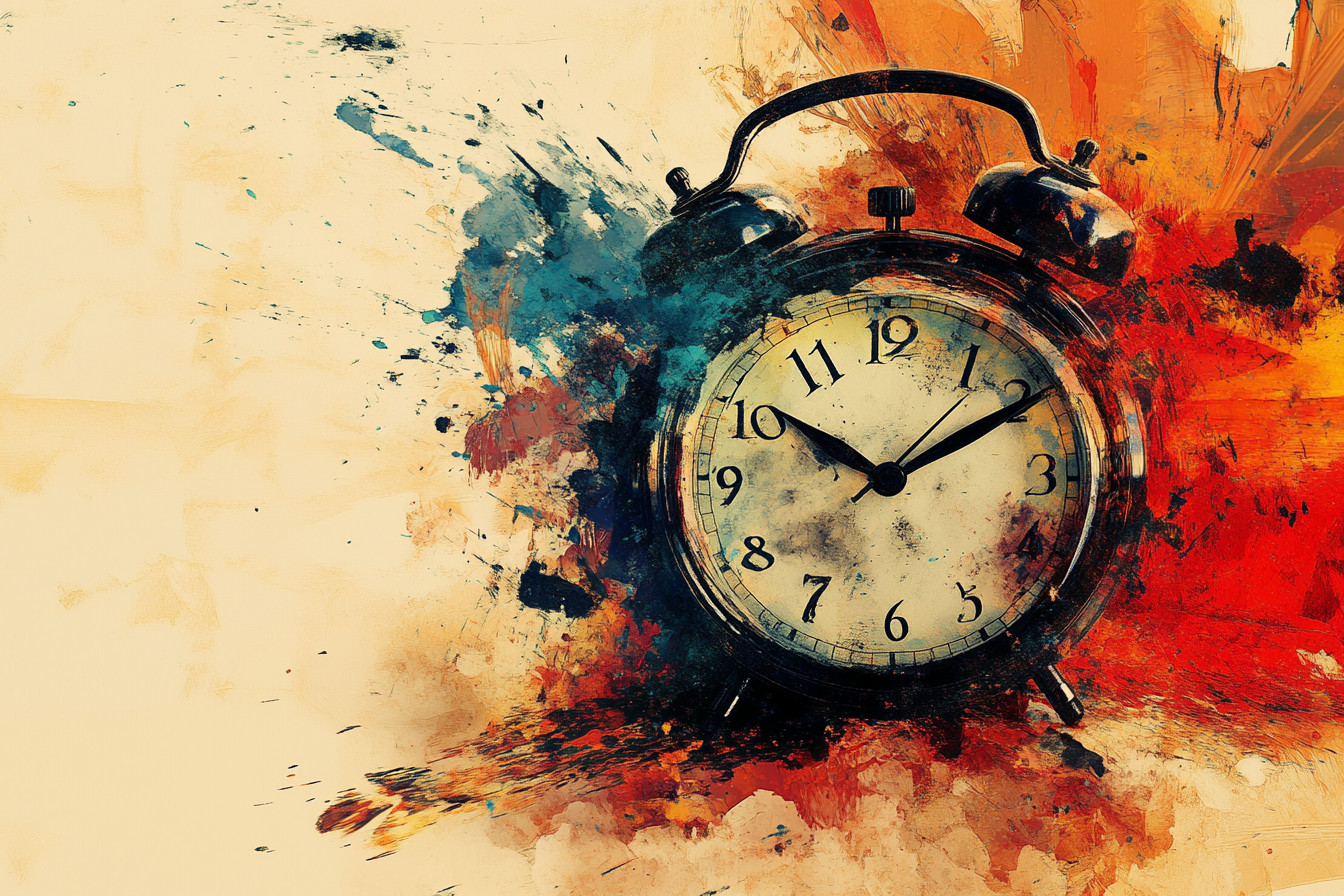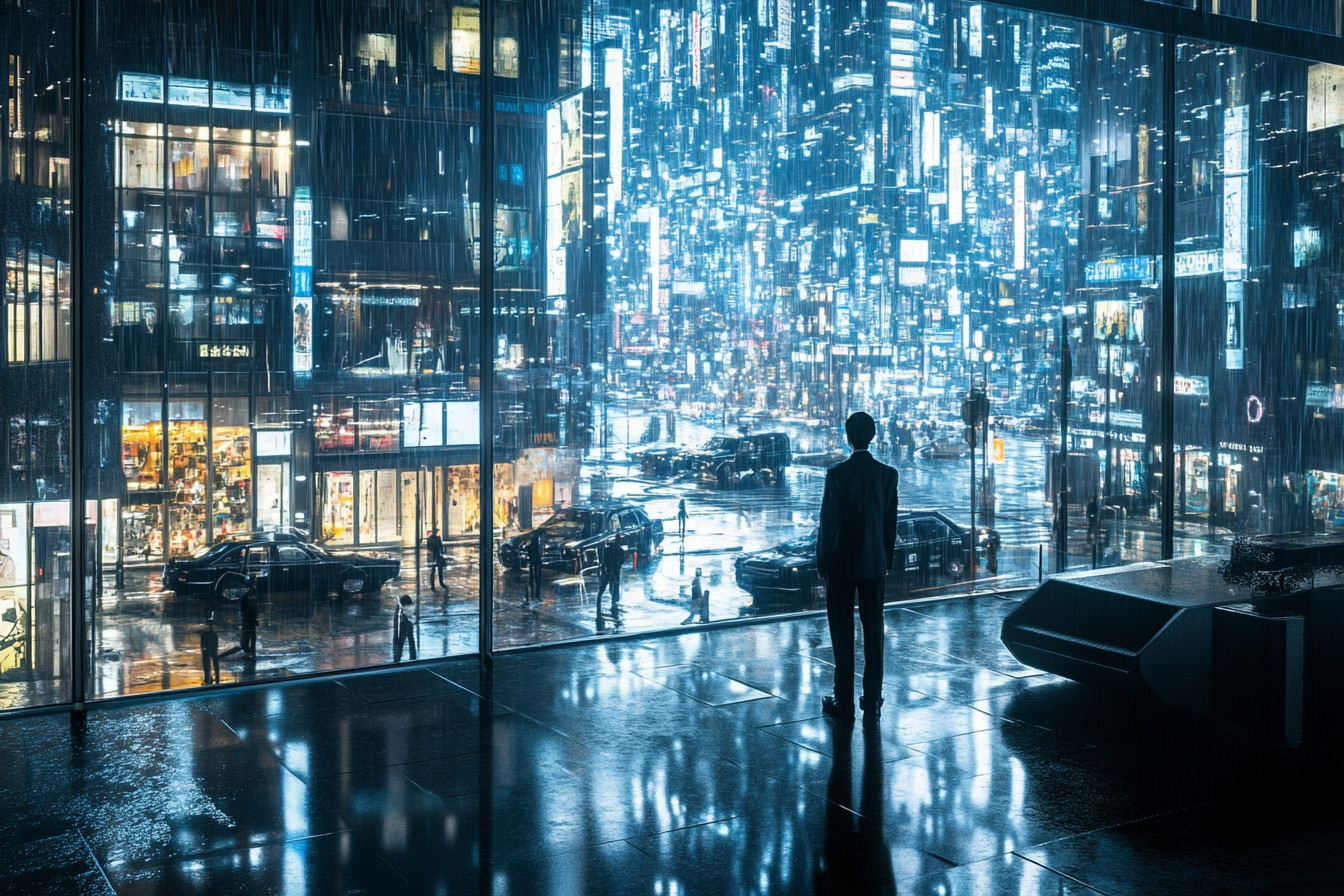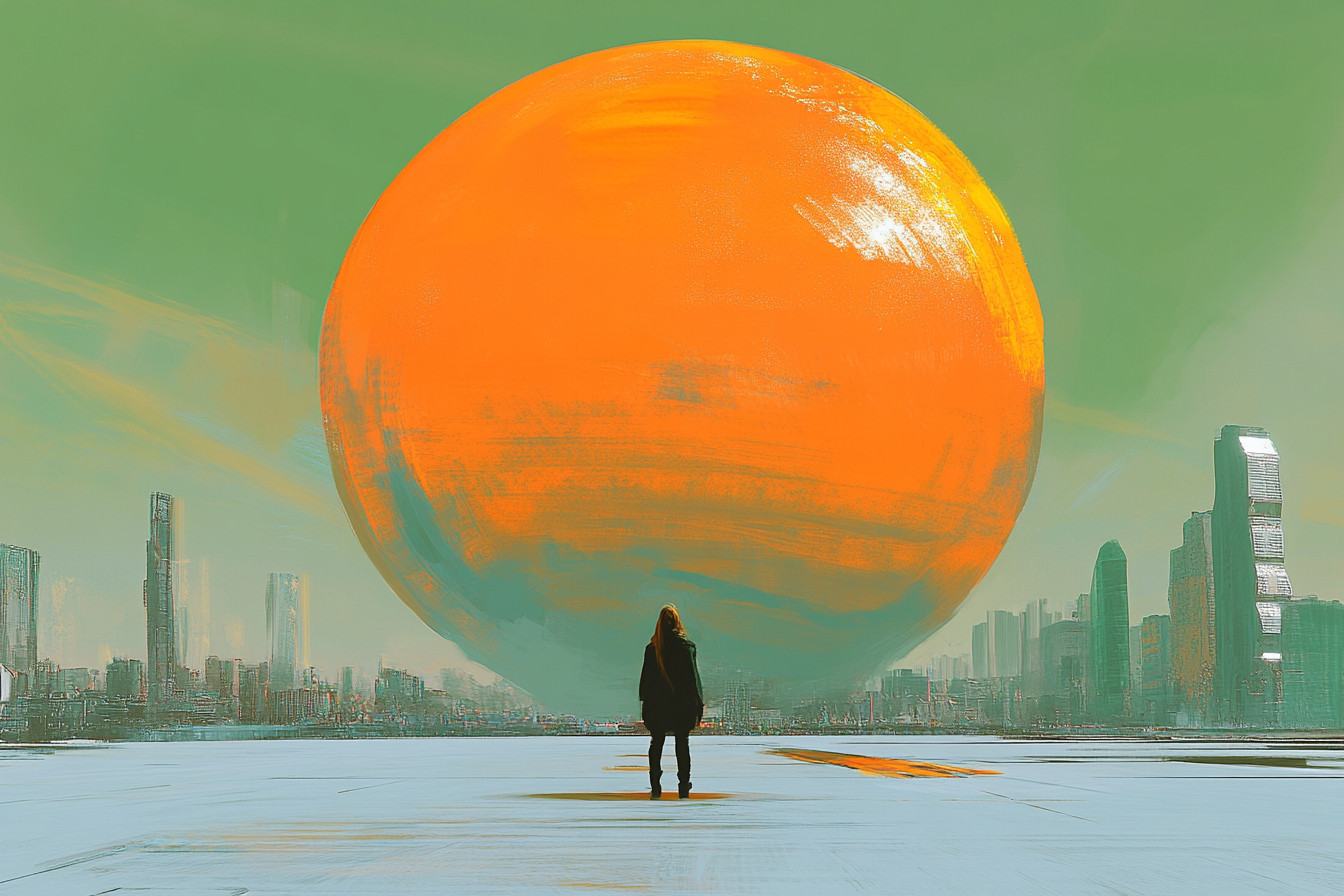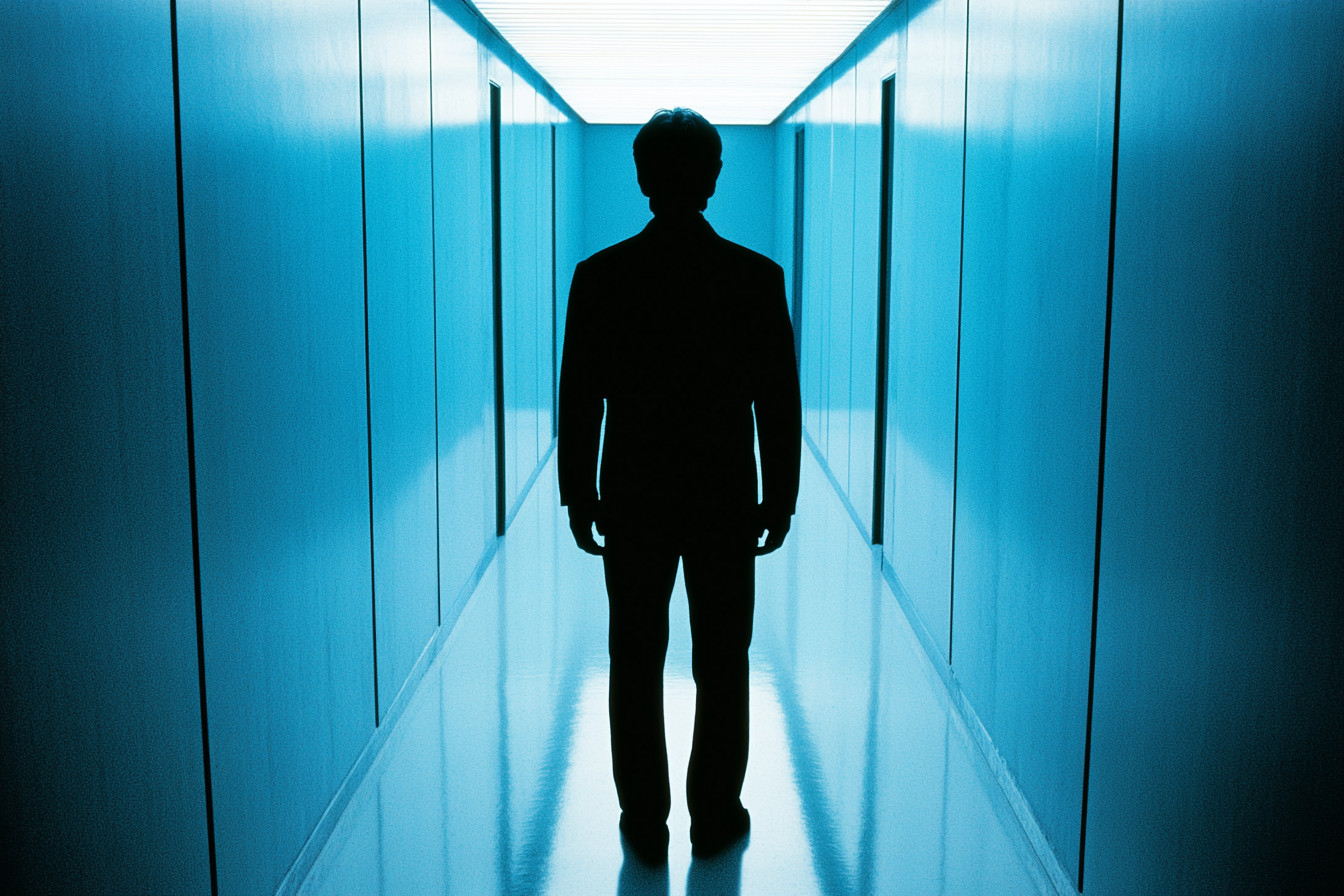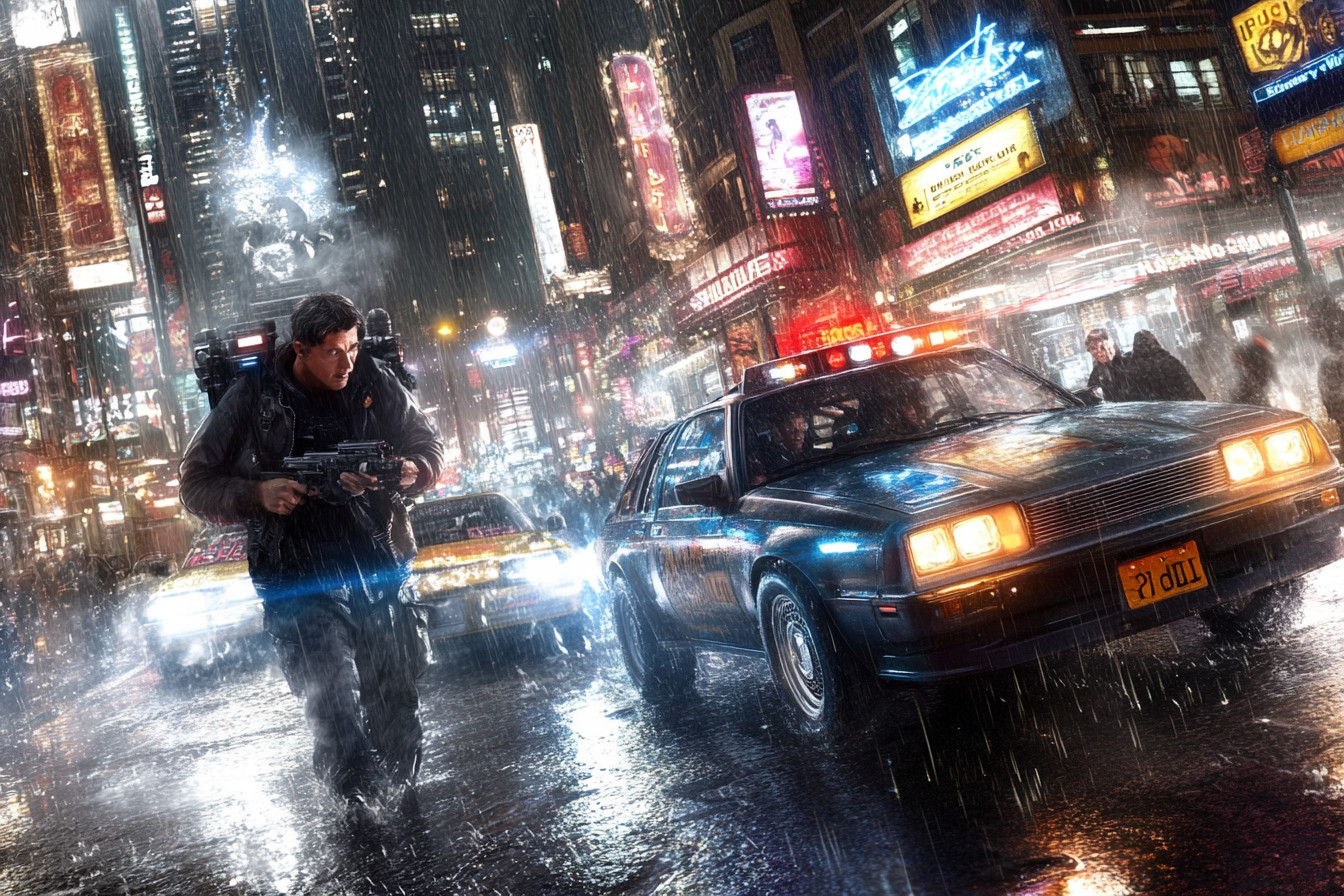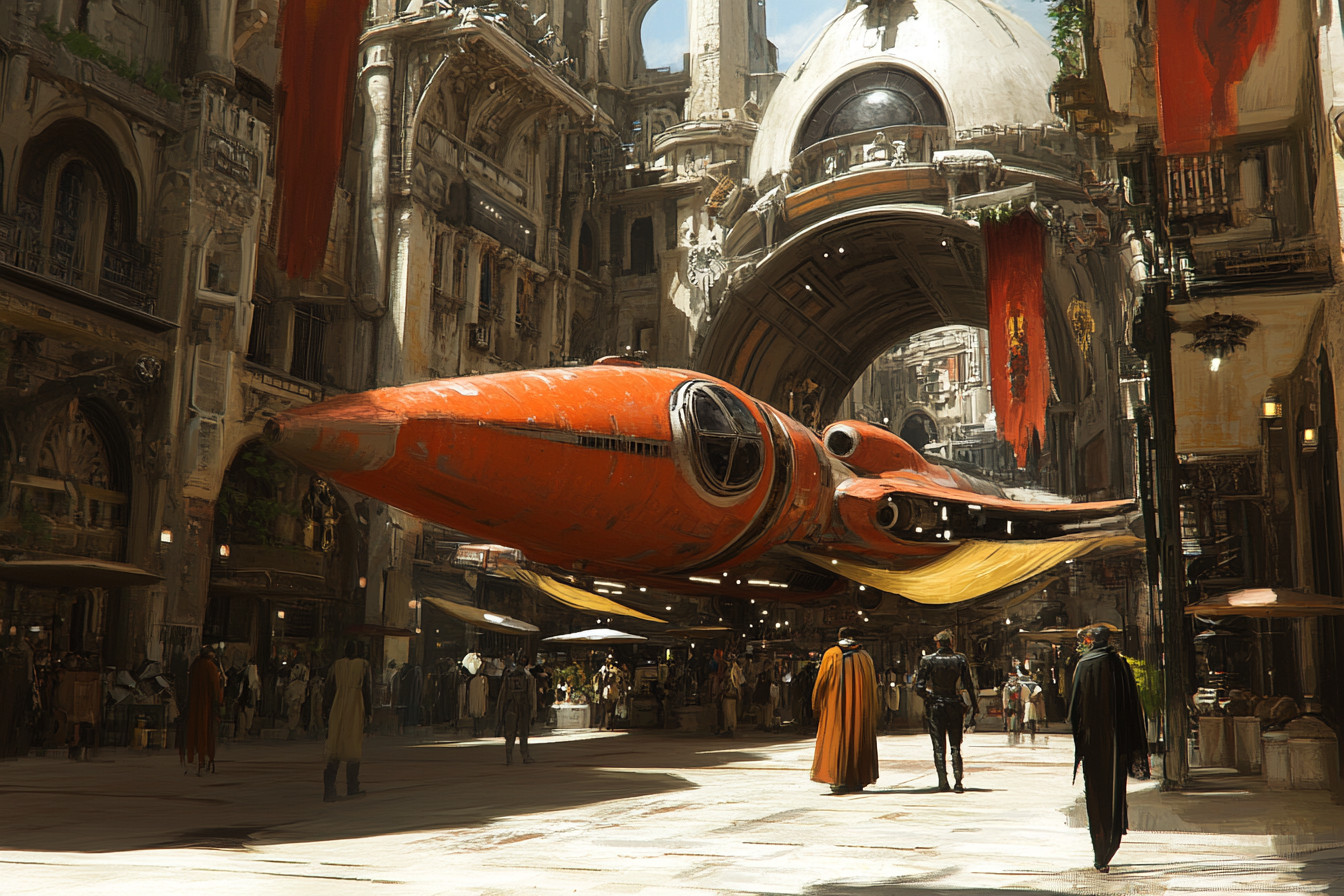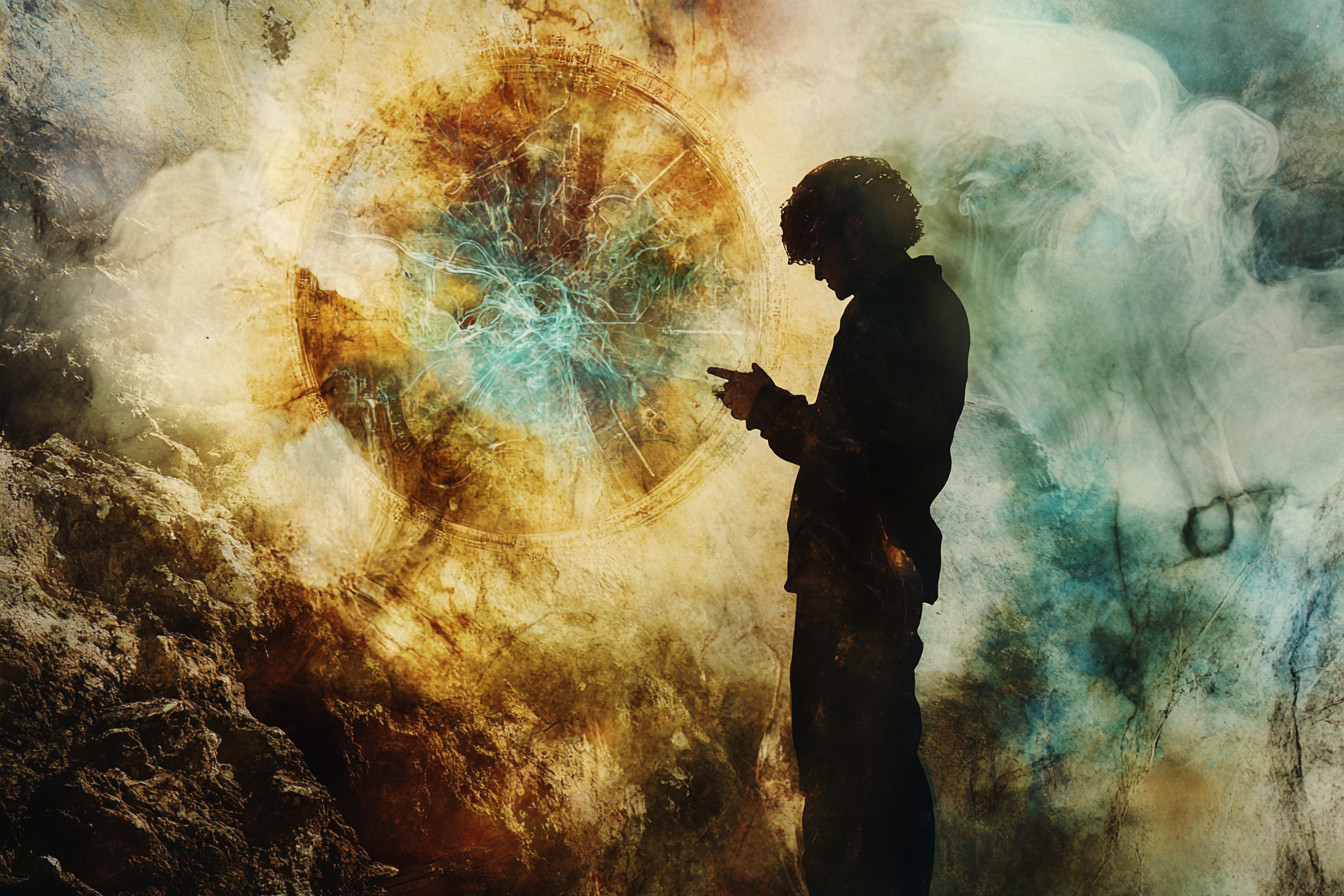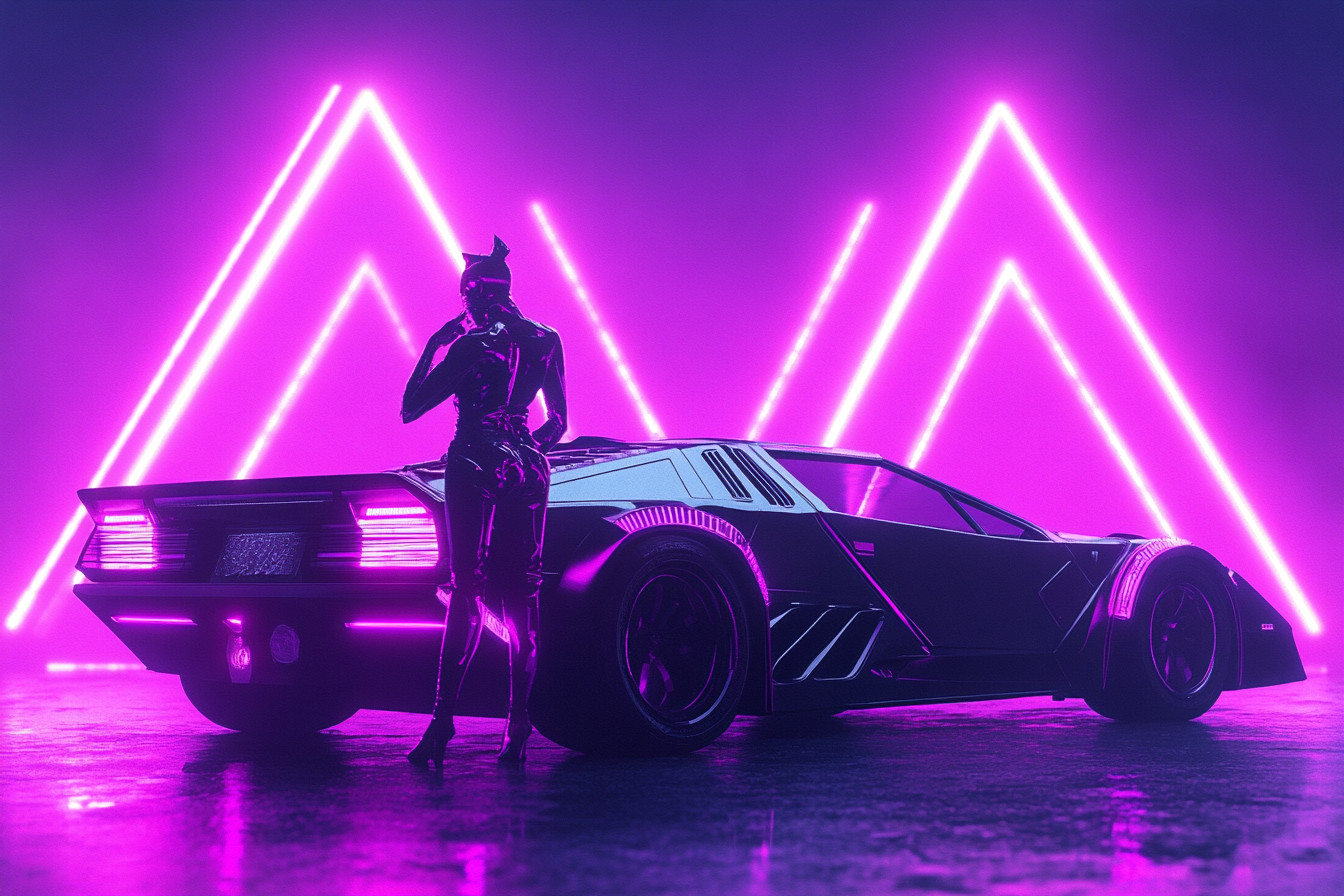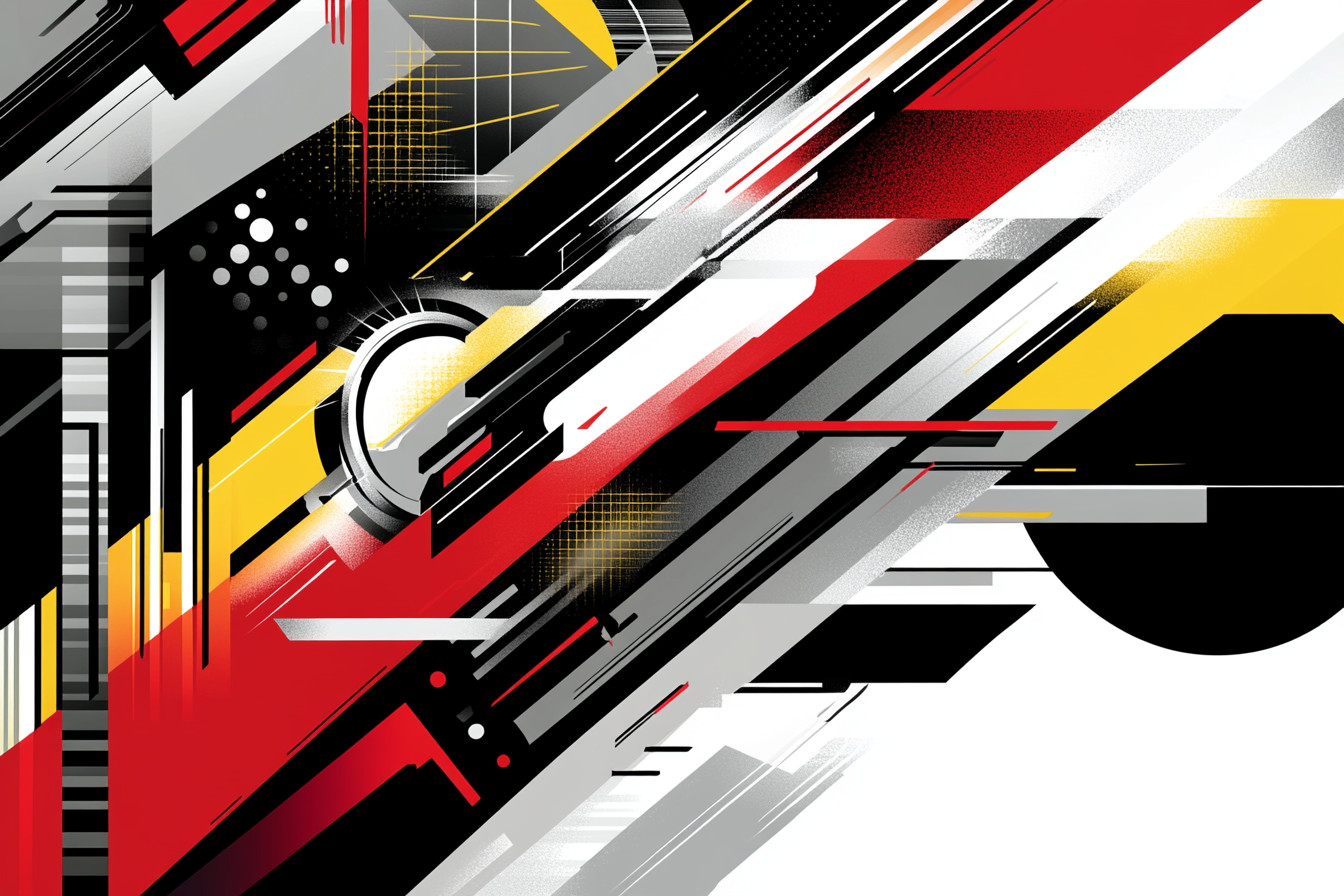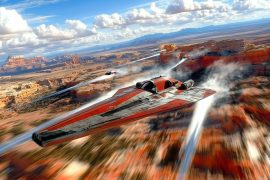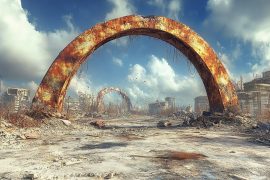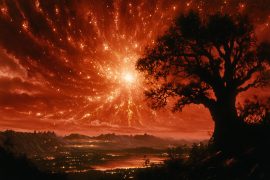Fellow adventurers in time, I wish you well! Let’s hurry before we miss the train or the coffee house. So, what are we waiting for? Let’s get to the point. Allow me to take you on a delightful ride through the world of stories within time voyages over the last fifty years. I am pretty sure that no one at all would expect that on Monday mornings in 1985 someone would want to go on a tremendously adventuresome journey which was choked with harsh, hot neon lights and laser layered paradoxes that would span three sequels, not to mention the future awaiting to meet Marty McFly. It is a forgone conclusion that they wouldn’t be able to guarantee that the astonishing creators of Back to the Future would be strutting around in 2022 like flamboyant tobacconists.
I can vividly hear the travels narrators telling me in the 80s about the particular phrase – butterfly effects. You see, unlike us, they focused around the events that would lead to catastrophic outcomes, like me and my fellows not stepping off a bus or going as far as to wearing a hat. Like any other work of fiction, our stories followed a premise termed “what if” but were really about the fun time they had while time traveling and all the shenanigans that ensued when they reset time to the point where the hilarity turned out to be endless.
My, how things have changed! The “what if” scenarios have certainly gotten more complex with multi-layered approaches in time travel stories today. A more recent example would be Dark, which not only makes us think about how time works, but also how time works on us as a singular entity. To some extent, it appears as if the genre had a mutual understanding to zoom in, abandoning the more delicate representation of the time’s interplay with our memories, identities, destinies, and plunging into the action-packed car chases through different timelines.
As they try to answer this riddle, it is captivating how time travel has switched gears. Instead of asking what puzzle needs solving, while engaging with a time travel story, we wonder what the characters learn about themselves through their past. The narrative asks: “What does the past mean to who we are today.” These stories portray more than just a change in artistic style. More profound is what they tell us about the shift in culture. Be it fiction or reality, storytelling is a means through which we try to understand life, while contemplating the ideas of memory, fate, and hope.
But I will go into finer detail later so everyone can assist me. For now, let us take a journey through and across space. Again with the belt analogy, we already expect a lot of ups and down. Or, like going through a capsule where we glimpse some of the most popular time travel fiction moments, in addition to those moments that are hotly contested by fans of time travel.
The Evolution of Time Travel – From Puzzles to Personal Adventures
Now, let us examine how the time travel narrative has evolved over the decades. Back in the 1980s, if you tried imagining time traveling, I don’t know how possible it is to not think of the DeLorean car speeding and leaving fiery tire tracks as it… well, you know, time traveled. Back to the Future was not just a widely enjoyed classical movie; it was a phenomenon. I mean, it was so enjoyable and captivating that it has been reported that most people were laughing uproariously, or other people lost somewhere in deep contemplation. It is one of those plots that manages to be a lot more lighthearted and feel almost homely. The more you mulled upon it, the more convoluted it seemed to be.
On second thought, if a time travel plot can be heartwarming, you can change that cozy feeling to blanket the entire adventure, and yes, cozy does seem like a wardrobe that fits perfectly to time travel sources, and that story in Back To The Future is bound to elicit that very sentiment.
The 1980s certainly was not only about Back to the Future considering it also included The Terminator which came out in 1984. With a significantly more pessimistic view on time travel, the dystopian backdrop around it is the possible extinction of man kind. This story darker in tone borrows a phrase or two from literary works by H.G. Wells—only this time, instead of a guy with a time machine, we have grappling concepts of whether the future is actually set in stone or is it possible to alter it.
A shift took place in the 1990s where chronological explorations into time travel fiction became increasingly sophisticated. As much as one could argue that this way too embraced a narrative void of rewards that this genre offers, I would contend that it is much more rewarding on a thematic depth. Increasingly mature ideas can be found explored, for example with the film “12 Monkeys” which transformed a time loop into commentary on memory, madness, and destiny. Time travel became less about adventure and fun, and more about examining the human condition. Bruce Willis and everyone else aged on one side of the equation, while the world played by itself on the other.
Let’s see how the 2000s are faring. In 2004, a movie was released titled The Butterfly Effect. The film takes the ancient time traveling paradox, stretches it, blackens it, and makes it personal with a bit of a twist. Ashton’s character is trapped in a time loop, but what makes matters worse is he is also imprisoned in a creepy alternate version of Odysseus’ world where a man suffers from an elaborate stack of multi-contained inner worlds. It does not get better. After defeating the world threatening monstrosity (which will elaborate in a second), he is left with an insidious hidden toll. What a time to be alive, right?
For 2010s, the decade included a new type of time traveling format for narrative. Unlike the past, the focus was mostly on order of events and how time travel could have a bizarrely strange and disturbingly jumbled order of events like found in Netflix’s Dark Series or in the movie Looper.
More recent works have concentrated on character psychology and identity, self, fate, and free will while portraying “dark” on Netflix and in the movie “Looper”. One of the leading reasons for such an approach is due to the fact that stories involving time travel tend to intersect at different temporal coordinates. This raises the problem pertaining to self-identity, what does it mean to be the same person as oneself as due to our circumstances’ appearance and do change over time.
Seeing Withered Joe meets Younger Joe in ‘Looper’ makes a lot of sense on how the movie portrays ‘old counterpart’ problem. In the truly insane version of Looper, how time travel is done is forcefully personal. In Dark, it looks like there are no edges of the tentacles that form its concepts’ plot. It jumps far ahead with sequential multi-generational layering on top of each other with overwhelming levels of determinism. Do burst timelines ring a bell? Viewers were literally preparing themselves to be “consumed”. Just think of the realization that time travel is in conceived to such extremes where people are giving birth to their traveling counterparts. Mind Numbingly insane. But also, so incredibly ordinary.
The “Dark” vents grief, cycles of trauma, and the complexity that ensnares a family like a curse that deep down promises to entertain or offer dark treats hovering within the world behind the ‘Dark’ scenario tangled in paradoxes. Next, I wish to look at Arrival (2016) which does not concern itself with time travel directly, but has an interesting approach to time that justifies the inclusion. It’s based on a short story called Story of Your Life by Ted Chiang, which posits an idea that explores the dimension of language as one of control – and thus time. When the protagonist, portrayed by Amy Adams, finally grasps the phenomena of time travel on a multi-dimensional level, she allows the audience an opportunity to ponder over memory, loss, the deep sadness entwined with choices taken when one is painfully conscious of the existence of time. The narrative is exquisitely beautiful yet gut-wrenching at the same time, regardless of how complex or straightforward one chooses to make sense of the film medium through the felt ‘soul’ which, in this case, Arrival was created to capture.
The film Arrival does not anticipate the audience subscribing to the universal paradox theory or even consider the paradox existing within the singular cylinder of film in a camera. Instead, it invites us to reflect on time as something artistic – a tapestry ripped with intention, devotion, and injury.
In the new narratives, time travel does not seem as significant and more like a device for story exposition. It feels like we are exploring deeper inquiries such as, “What does death mean for us?” “How do we understand the river of time?” Numerous characters in these narratives grapple with matters of self and identity and the roles their life experiences have wrought upon them. It feels like there is a transition from grasping constancy of time’s existence in reality, unlike older stories where people attempted to manipulate some aspects of history. The focus in time travel has changed from backtracking and altering events.
Unlike the past time and grab timelines, the place appears less uncertain, nostalgic where setting one wrong thing right makes everything fall into place. The captivating piece about contemporary time travel stories is the hope of being able to break free from cycles of life by simply comprehending one’s life as desired.
So, what grabs the attention of fictional lovers dissecting why the changes in time travel matter so much? It is not purely the fact that, to a vast extent, the plot somehow got trickier, or the characters, no matter how multi-faceted, gained depth. It reflects society changing beliefs over the last fifty years on time, memory, and even destiny. Dreaming and fantasizing about the past is indeed one thing. However, the discomfort bears in accepting what one has gone through as part of the revealing personal timelines is something different.
In the search for time travelling films in the 1980s, they focused mostly on escaping reality. This idea was closely associated with fantasies oof escaping one’s life and setting things right. So, most of the time, they went to the past, altered some events within history, and returned to a changed future—classic examples include Back to the Future, which captured the essence of time travel perfectly. Marty McFly ensured his parents fell in love, threatening his temporal existence, by traveling to the past. With a bit of effort, he could have avoided being utterly cringey at the lip-sync contest, and instead of teaching his father to sing ‘Johnny B’, he could have just a tad bit nudged ‘Earth Angel’ his way.
From the 1990s onwards, time started feeling more disorganized, as if chaotic, yet attempting to order and soothe the past, giving context. Such a parallel can be drawn with contemporary personal and societal views on history. Stories integrate a different kind of reality, giving birth to multi- temporal scenarios where time travel is not only possible but frequent.
Imagine a television series called “Dark” that leaves no smile on your face at the end. Instead it focus on how the past shapes us, how trauma lingers across times, and how hard it is to escape what we often refer to as ‘inescapable cycles.’ The plot of “Dark” sometimes feels like a figurative ‘timestream,’ one that traverses through family trees and the multi-layered enigma to which every family is bound. All the grief, hurt, and inertia is embedded within and these choices determine a person’s existence even when they no longer live. These stories are pulled from the ‘moment’ of the present world where many people are trying to grapple with the reality of their pasts and how it has affected their reality.
Sure, Dark does have that intricately interwoven plot that keeps one scrolling to later seasons in hope to see the bigger picture.
Now let’s look at the movie Arrival. The concepts of time within the film are extremely different when compared to the time paradoxes of previous stories in the last few decades. Unlike most cases, there is no attempt to thwart a disaster or alter predict the future. The focus instead lies on coming to terms with time along with everything that it offers, be it joy or anguish. It contains a linguistics-centered hypothesis that proposes you can create a language that would grant a person the ability to experience time in a non-linear manner. This helps illustrate memories splendidly, as they tend to be viewed as events that a person goes through in a sequential order. It is far more accurate to say that time is a succession of “events,” each and every “instant” coexisting. The reality instead is that the brain sifts through the evoked recollections of those memories through the passage of time, which is far more complicated than the act of recalling memories.
As for the Arrival, which is centered on grammar, the story is primarily focused on the experiences that have not been lived yet, rather than everything that has already been lived up to now.
I believe that these stories connect with us on a personal level because they reflect a more fundamental change in how we perceive time. No, we do not coast serenely like the sun gliding over the horizon, even when contemplating our years of existence. It may ‘seem’ like time is a river, but one full of burdens that comes from choices not taken, people lost and much more. It appears, we presently not only find it difficult to construct a clear version of the past, heaves along with understanding the future and forming it.
To savor the thrill of malevolent chaos, so many of our notorious time travel stories have nonchalantly brought horrid murder ideas. LOL (and also shudder) at all of the cringeworthy half-baked time travel stories.
Additionally, the stories were shaped due to relationship with technology and science. For example, in the 1980s time travel was marketed with new pieces of technology like the DeLorean or a time traveling telephone booth. The phrase ‘better science, better world’ was obnoxiously highlighted. But now, the ethical riddles and existential puzzles of time traveling technology seem to depict our unease with modern advancement and science.
Unlike their predecessors, Dark and The OA have smarter stories to tell. Their approach differs; rather than feeling like an after-thought, time travel feels grounded, as though approached from a very human understanding of time. These stories relate to our sense of hope, regret, and the tendril-like chaos that we find ourselves navigating through. It is no longer a detached narrative but resonant with how we experience time through our choices. And the Dark characters make us consider them as our plot devices to leap into our lives to grant us retrospective insight. Let us be honest. Don’t we all, at some point, regret how we’ve executed certain life choices and wished that a time machine existed to allow us to revise the sequence in which events occurred in our timeline? Or imagine taking a step into a new reality where some brave, even reckless, bold decision has been made and welcoming the aftermath?
The present-day stories shift the focus on time travel from evasion onto exploration and focusing on self-acceptance.
We all navigate through life’s beautifully chaotic nature, and “time” happens to be that one phenomenon we have never truly grasped—and likely because much of it simply confounds us.
In any case, contemporary stories still include actors (passengers, protons, or perplexing blends of all three) who struggle coming to terms with the unfathomable, and travel towards, if not acceptance, then some brilliant hypothesis.
What’s your viewpoint on this? Do you have a particular favorite story around science fiction time travel, and where does it lie in the complexities of timelines and characters we all know? How has it changed your perception of time? After all, the greatest journeys in sci-fi are the ones embarked on together, right? From the conversations we have, we can be more certain of these infinite possibilities that can be extracted one timeline, solh aji, at a time.
